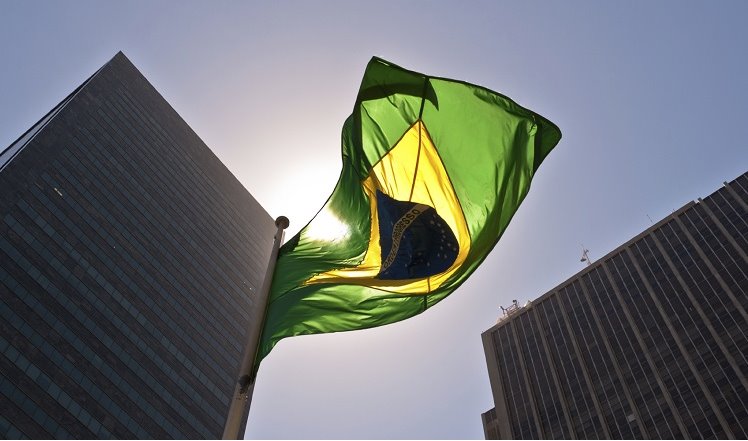RIO DE JANEIRO, BRAZIL – The novel coronavirus pandemic has inflicted serious damage on the world’s most consolidated economies, and the impacts on emerging countries such as Brazil have also been tremendous.
However, the emergency measures implemented by the Ministry of Economy and the Central Bank, with income transfer measures, credit incentives for companies and increased liquidity in the financial system, have led Brazil to a better situation than other emerging countries.
In a presentation to Bank of America investors last Wednesday, the president of the Central Bank, Roberto Campos Neto, again stated that the scenario for Brazil remains challenging. The numbers presented, however, show that, at least initially, the cushion built here was efficient.
In the presentation, the Central Bank compiled a set of data containing an overview of the world economies. In the case of industry, the Brazilian Industry’s Purchasing Managers’ Index (PMI) reached its highest level in July since the start of the survey conducted by IHS Markit, a British global information provider. The Brazilian indicator for July stood at 58.2 percent, up from 51.6 percent in the preceding month.

When the figure is over 50 percent in this indicator, the sector is experiencing growth as opposed to contraction. Comparing Brazil to other emerging economies such as Mexico, India, South Africa, Russia and Colombia, the Brazilian industry was the best performer in the period.
In terms of GDP, the Brazilian projected 5.6 percent recession. According to financial market prospects, this would be one of the lowest slumps among emerging countries, losing only to India and, extending to the BRICs, to China, which should end the year with economic growth. In 2021, the Brazilian economy should grow in line with the other emerging economies.
Projections based on data from the Brazilian as well as the global economy show that the scenario is still cautious, but that the measures taken at the start of the pandemic proved to be effective, and the path is one of more solid rebound from the third quarter 2020 onwards.
For those who believed in a catastrophic tumble and no chance of a rebound, the Brazilian economy has surprised in its resilience, but it is not enough to abandon the reformist agenda and open its expense floodgates. The example set by the Senate on Wednesday, overturning the presidential veto of a law granting civil servants salary increases in 2020 and 2021, goes against the adjustments made by the Economy Ministry and projected by the Central Bank for gradual growth starting this semester and next year. Resilience does not allow room for spending and a commitment is required for the projected rebound.
Source: Veja

